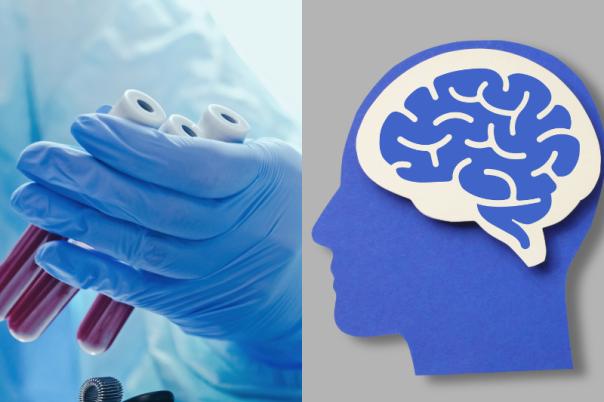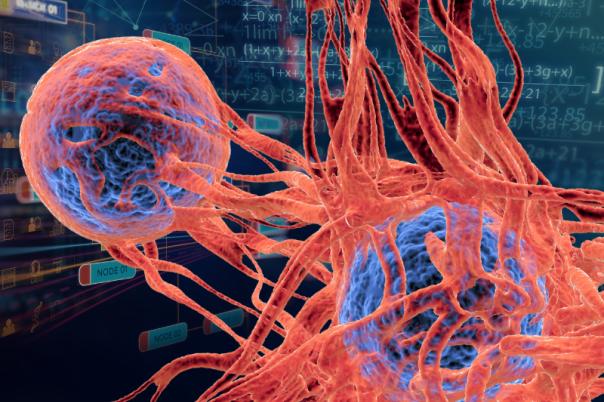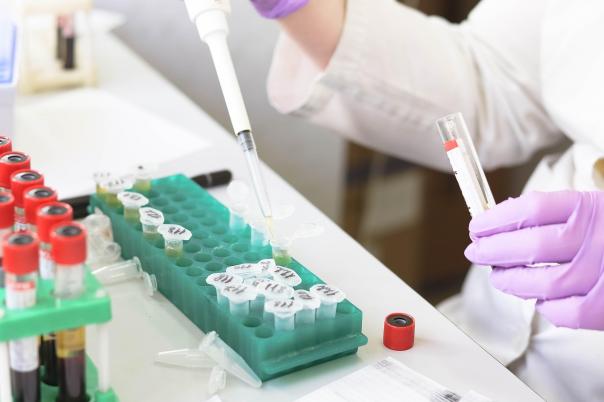Ed Schuuring, a clinical scientist in molecular pathology at University Medical Centre, Groningen, delivered a comprehensive presentation on the advancements in molecular diagnostics for lung cancer. His primary focus was on the use of circulating tumour DNA (ctDNA) testing for early detection, treatment decision-making, and monitoring of lung cancer.
Schuuring began by highlighting the rapid evolution of molecular diagnostics in lung cancer, noting the increasing number of targeted drugs and tests developed over the past few years. He explained the challenges faced in lung cancer diagnostics due to insufficient tissue samples from needle biopsies, which often limited the ability to perform comprehensive molecular testing. This led to the exploration of liquid biopsy testing using ctDNA as a non-invasive alternative.
He described the characteristics of tumour DNA in the blood, emphasising that it constituted a minor fraction of the total DNA and had small fragment sizes. Not all tumours shed DNA into the bloodstream, making ctDNA testing a complex but valuable tool. Schuuring discussed various assays available for ctDNA testing, each with different specificities and sensitivities, and noted that no single test could cover all diagnostic needs for lung cancer.
Schuuring elaborated on the use of ctDNA testing for treatment decision-making, citing the example of Osimertinib for EGFR T790M mutations in lung cancer patients. He also discussed the use of ctDNA levels to monitor treatment response, showing a correlation between ctDNA levels and tumour size during treatment. He presented cases where ctDNA testing was used to monitor disease progression and response to immunotherapy.
Furthermore, Schuuring addressed the concept of minimal residual disease (MRD) testing, which aimed to detect residual disease after curative treatment in lung cancer patients. He acknowledged the limitations in sensitivity and specificity of current assays but highlighted the potential of MRD testing in improving patient outcomes.
Finally, Schuuring touched upon the development of blood tests for early detection of lung cancer in healthy populations. He discussed the challenges in balancing sensitivity and specificity to avoid false positives and the ongoing efforts to improve these tests.
In conclusion, Schuuring's presentation provided valuable insights into the advancements and challenges in molecular diagnostics for lung cancer, with a particular focus on the potential of ctDNA testing in improving patient care.





